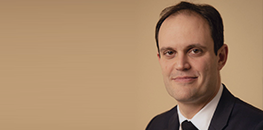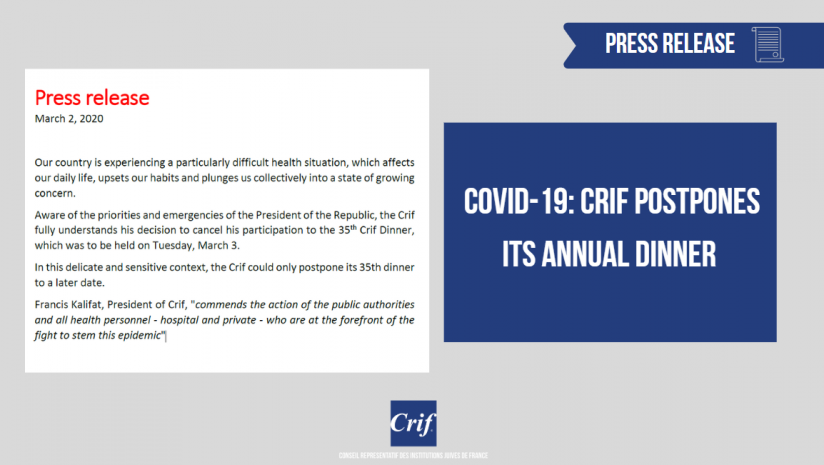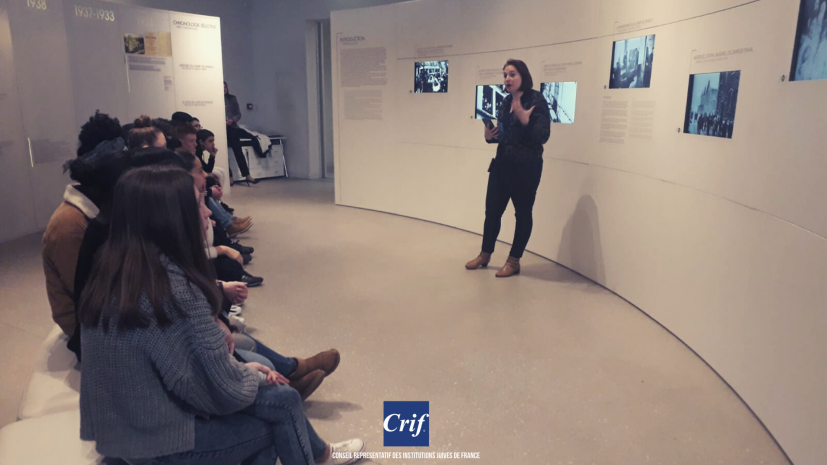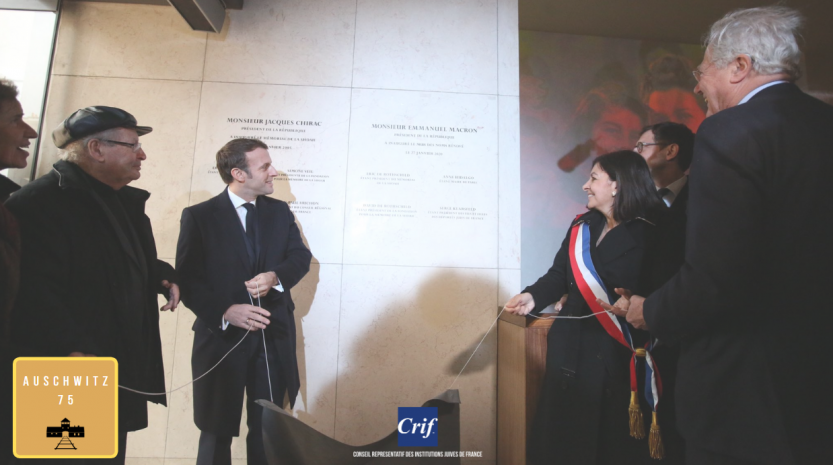News feed
Press release - Covid-19: Crif postpones its annual Dinner
|
13 March 2020
Crif - What exactly does Crif?
|
02 March 2020
Crif - Crif publishes first results of its Online Hate Speech Observatory
|
21 February 2020












